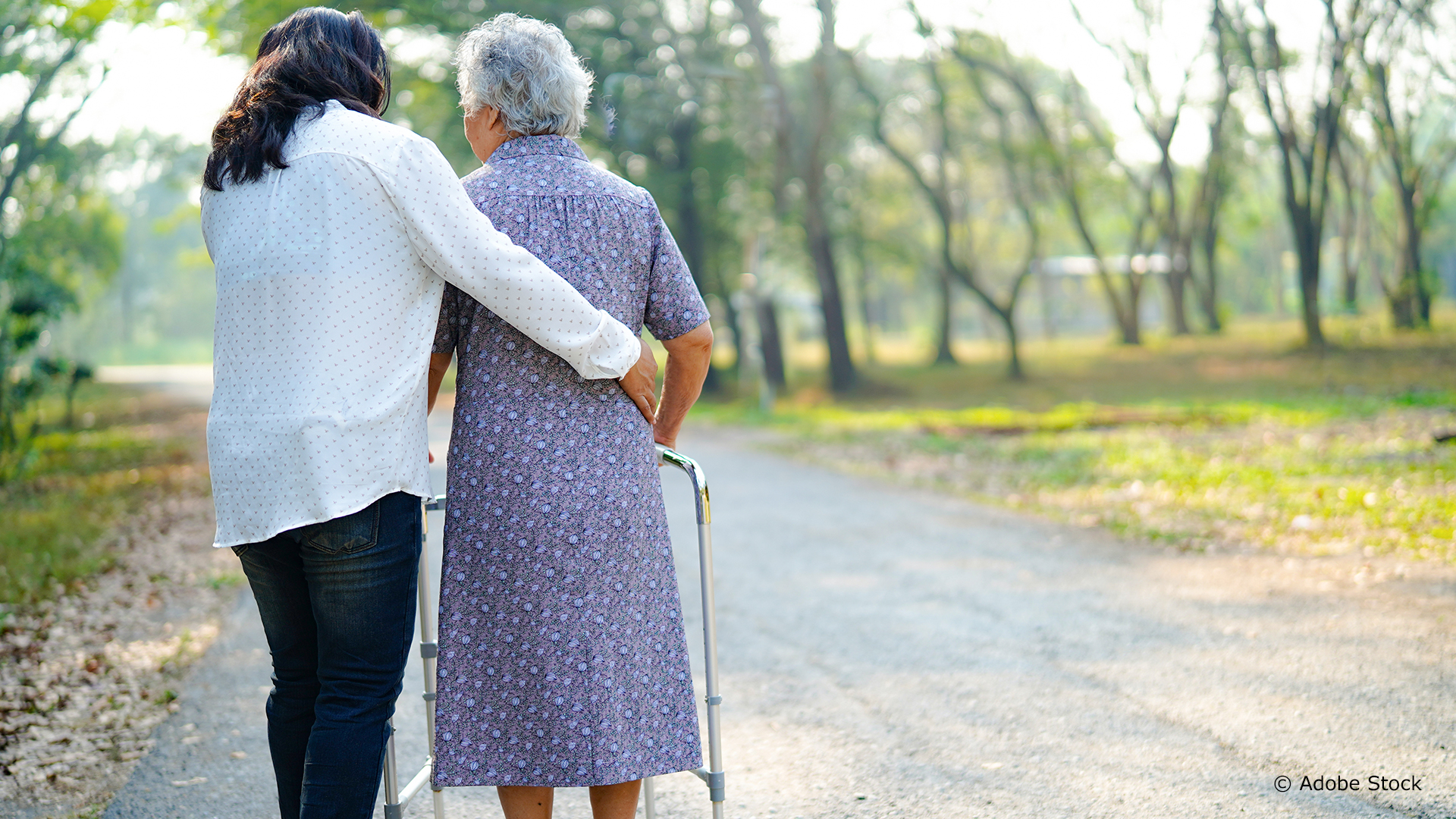
Québec is one of the world’s most rapidly aging societies, after Japan and South Korea. It is estimated that nearly one-third of Quebecers will be 65 years of age or older by 2066. Supporting seniors with loss of autonomy will therefore become increasingly important over the next few decades. Thanks to the ever-increasing amount of data captured by smart phones and other devices, it may be possible to keep older people at home longer. This, at least, is what Charles Gouin-Vallerand, professor in the Department of Information Systems and Quantitative Management Methods at the Université de Sherbrooke, suggests.
It may be possible to keep older people at home longer.
With his collaborators at the DOMUS Laboratory, Charles Gouin-Vallerand, who until recently was at Université TÉLUQ, is working on the development of computerized recommendation systems capable of recognizing daily and domestic activities in real time, such as sitting, cooking or washing. To do so, he is using geolocation and three-dimensional acceleration measurements collected by the GPS, accelerometer and gyroscope of the mobile devices of thousands of individuals, including Quebecers. From such contextual data, he designs algorithms capable of inferring complex habits.
To date, these algorithms successfully recognize approximately 75% of everyday situations. Although high, this recognition rate is still too low to detect changes in user habits with any certainty. The algorithms are therefore not yet reliable enough to assist seniors with loss of autonomy at home. However, the recognition technique that has been developed reduces by half the time it takes for an algorithm to be able to detect a change in habit. Charles Gouin-Vallerand is currently pursuing his work on this subject. His objectives include better recognition of activities carried out in the presence of several users and broadening the range of recognized activities.

